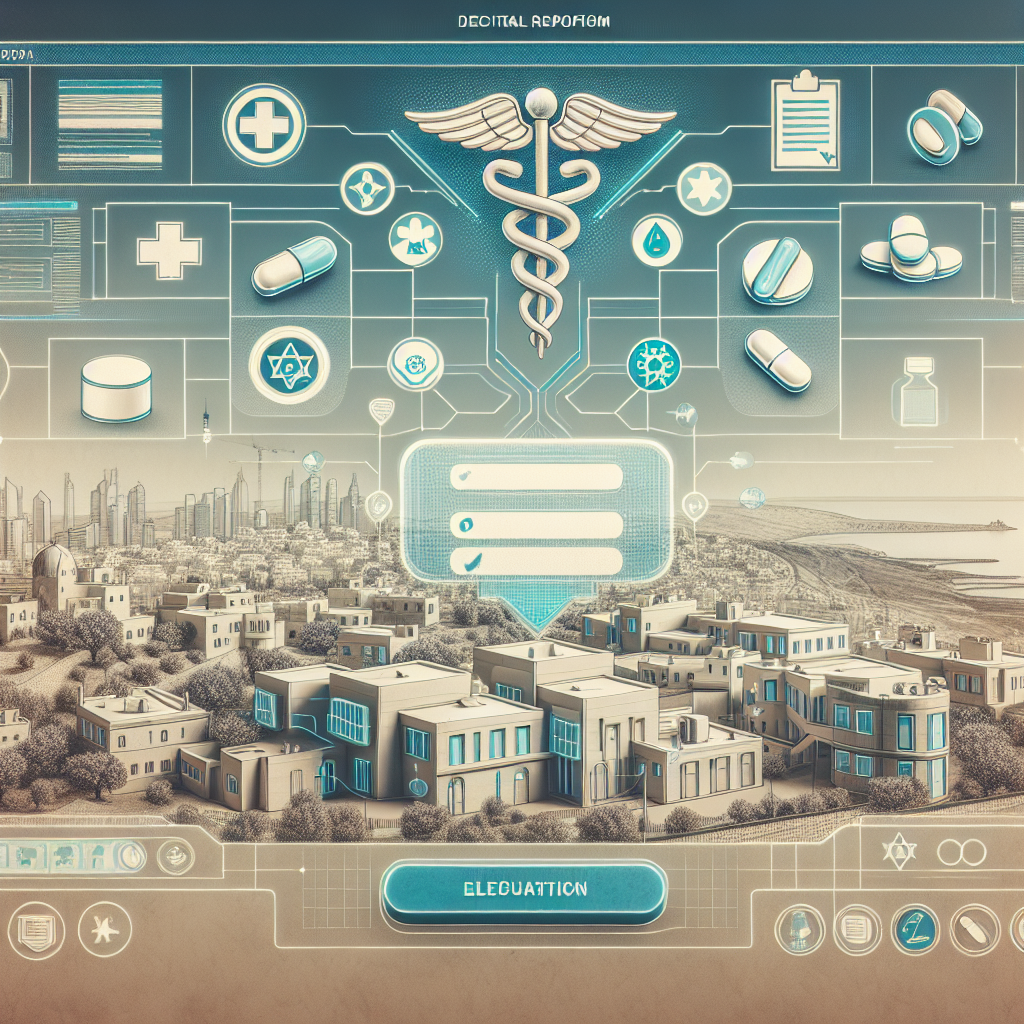The Israeli Ministry of Health has taken a significant step towards improving drug safety by introducing a mandatory system for the electronic monitoring of drug side effects. As reported by Calcalist Tech in the article “The Ministry of Health will require the pharmaceutical companies to report side effects electronically,” this new directive, slated to commence in six months, mandates pharmaceutical companies to transition from a paper-based to a comprehensive electronic reporting system.
This move aligns with global trends emphasizing enhanced pharmacovigilance through technological integration. The transition to an electronic system is poised to streamline the process, making it not only faster but more accurate in detecting adverse drug reactions (ADRs). This is crucial since timely and accurate ADR reporting can significantly influence the safety and efficacy profiles of drugs, directly impacting patient care.
The decision by the Israeli Ministry of Health to enforce electronic reporting stems from a broader understanding of the potential risks associated with delayed or inaccurate reporting of drug side effects. Paper-based reporting, which has been the traditional method, is fraught with challenges, including delays in data entry and the risk of human errors in data transcription. An electronic system ensures that crucial data about drug responses is rapidly shared with health authorities, enabling faster response strategies to mitigate risks associated with adverse drug reactions.
Beyond enhancing drug safety, electronic reporting systems are more cost-effective in the long run. They reduce the burden of manual entries and storage costs associated with paper reports. For pharmaceutical companies, although the initial setup for electronic reporting systems may involve substantial investment, the operational efficiencies gained will offset these costs over time.
Globally, several health regulatory bodies, including the U.S. Food and Drug Administration (FDA) and the European Medicines Agency (EMA), have already adopted electronic systems for ADR reporting. The implementation of such systems has shown a marked improvement in pharmacovigilance activities, enabling these bodies to undertake prompt action such as issuing warnings or modifying drug usage guidelines where necessary.
The Israeli health sector’s initiative is not just a regulatory enhancement but also a strategic public health maneuver. As healthcare continues to evolve, the integration of technology is inevitable for achieving higher standards of patient safety and care. The move towards electronic ADR reporting by the Israeli Ministry of Health is a testament to its commitment to adopting global best practices in healthcare management and patient safety. This is a positive step forward and serves as a model that other nations could follow to bolster their own drug safety and pharmacovigilance efforts.



